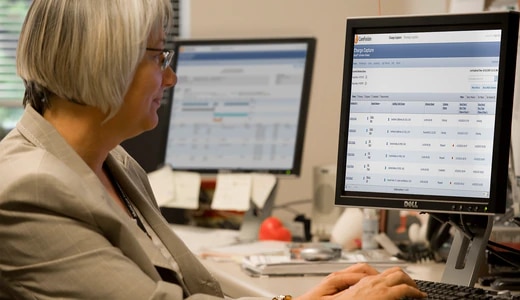Introduction
In the midst of the COVID crisis, it is easy to let the urgent take our eyes off matters that will eventually demand our attention. One of those matters is the ongoing risk of drug diversion. If anything, the current COVID pandemic may increase opportunities for diversion within health systems.
